In the State of California, consumers are protected from car purchases that end up being lemons, and this applies to all cars, including Hondas. In the process, car manufacturers are afforded what is termed a reasonable number of attempts to remedy the problem before they’re required to buy the vehicle back or to provide the owner with a substantially similar replacement – based on the owner’s preference.

In California, there is what is called a presumption regarding what a reasonable number of repair attempts is in relation to the state’s lemon law. When any of the following guidelines are met, the presumption prevails:
In order for state lemon laws to apply, your vehicle must be under warranty – or must have been under warranty when it went in for its first related repair. In other words, your Honda doesn’t have to be nearly new or to have very few miles on it for California’s lemon laws to benefit you.
Hondas are considered synonymous with reliability and dependability, but just like any other make of vehicle, they can also have issues.
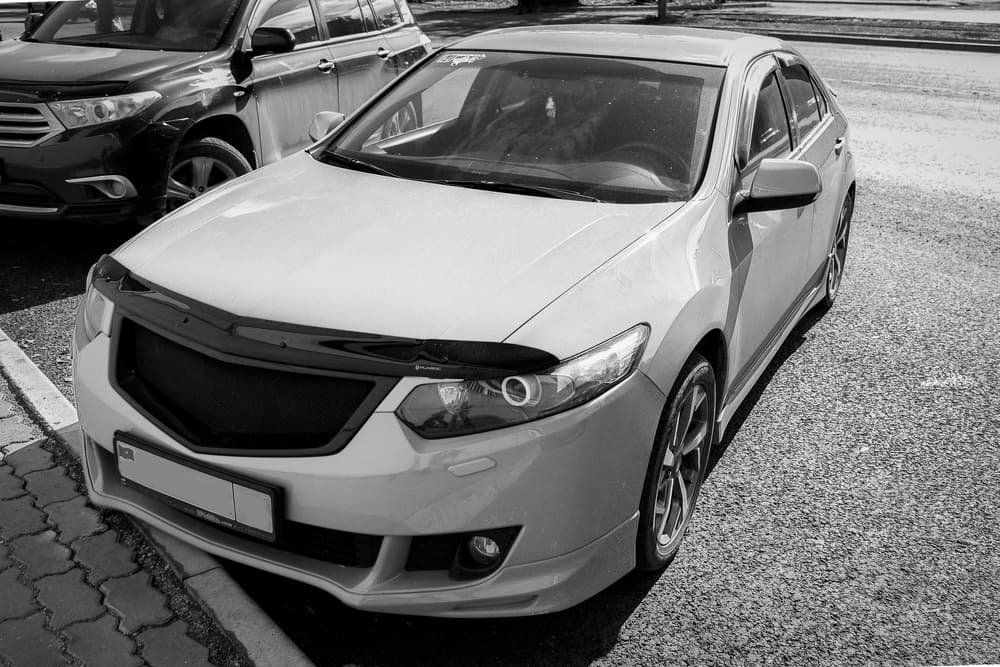
2008-2010, 2013, and 2014 Accords get demerits for high oil consumption, excessive brake wear, and extreme seat discomfort.
Honda Accords tend to receive the most complaints, but they are also a number one seller. The kinds of serious complaints that are most common include:
The most common complaints related to minor defects include:
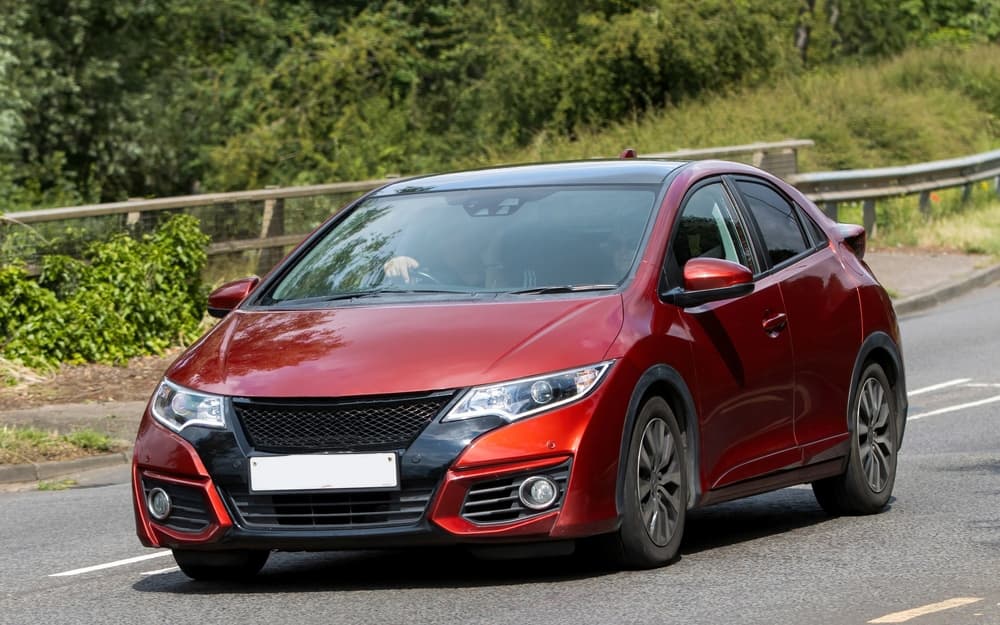
The 2006-2011 and 2016 Civics have issues with cracking engine blocks, emissions system failures, defective airbags, AC compressor failures, and electronic parking brake failures.
The Honda Civic tends to receive complaints for the following serious concerns:
Those complaints focused on minor repairs commonly required by the Civic include:
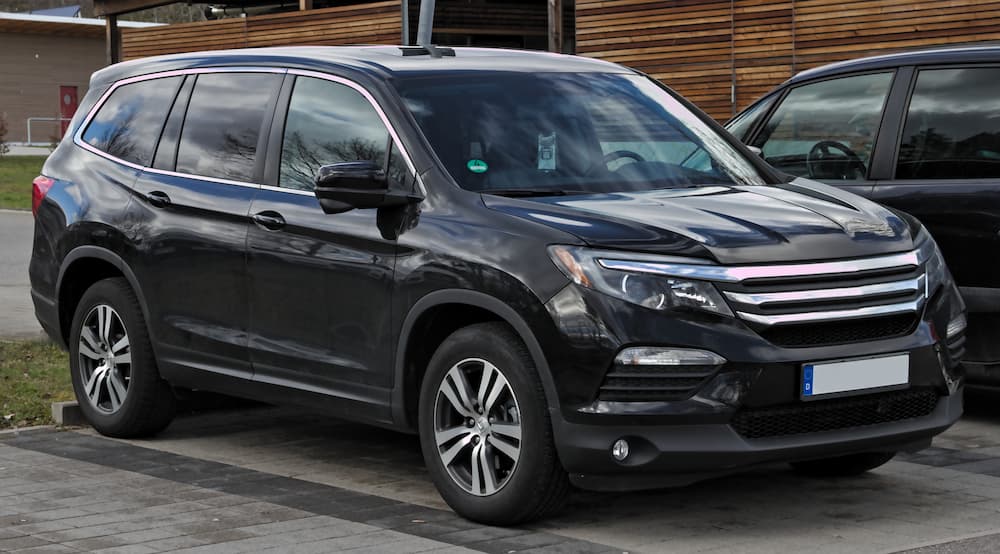
Pilot owners are most likely to complain about serious issues like the following:

2010, 2015, and 2016 Fits experience issues with their ignition coils and starters. Interiors and exteriors, and power steering systems – along with having uncomfortable seats and facing potential premature engine failure.
The complaints that Fit owners make most often include:
There are specific years that left Fits with cracked front door armrests and issues related to both body paint and clear coating cracking, peeling, or otherwise showing signs of premature wear.
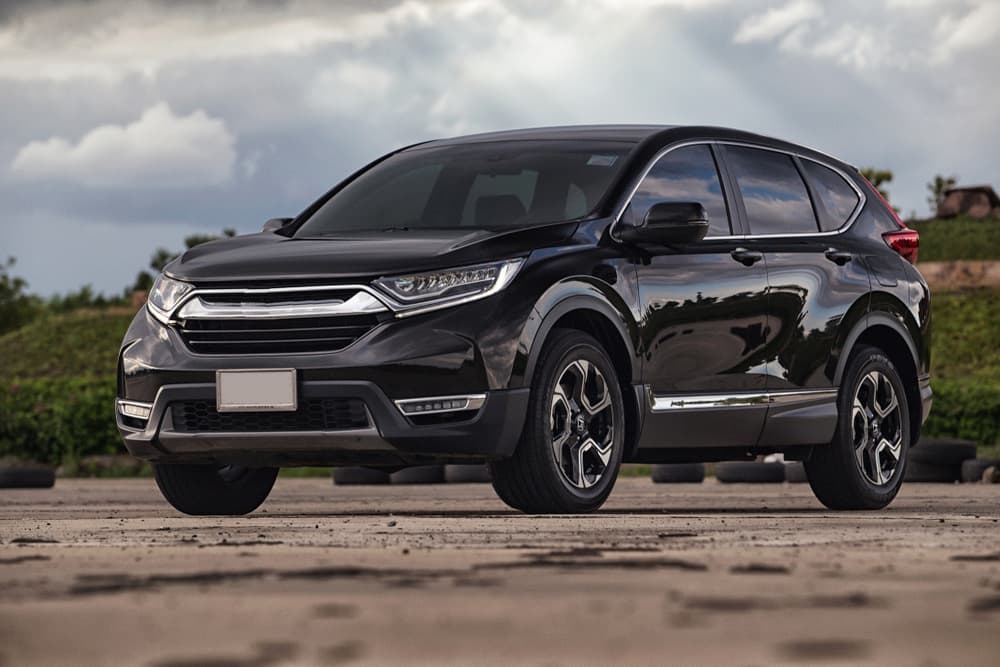
The 2017 and 2018 CR-Vs have experienced issues with gas fumes in the cabins of the vehicles and with gas leaching into the SUV’s oil systems. The problems are exacerbated in colder climates and on shorter trips.
The Element is beloved by owners, and although it hasn’t been in production for years, many people remain serious fans. This said, however, the Element is not immune to problems, including:
The Element takes the prize for the weirdest defect among all the Hondas, and that is a gauge needle that literally works itself loose and falls off – to the tune of about a $1,400 repair.
Call 833-536-5297 or fill out our simple online form to set up a consultation with the Lemon Law Lady in California
The most significant manufacturer defects that apply to Hondas break down into basic categories.
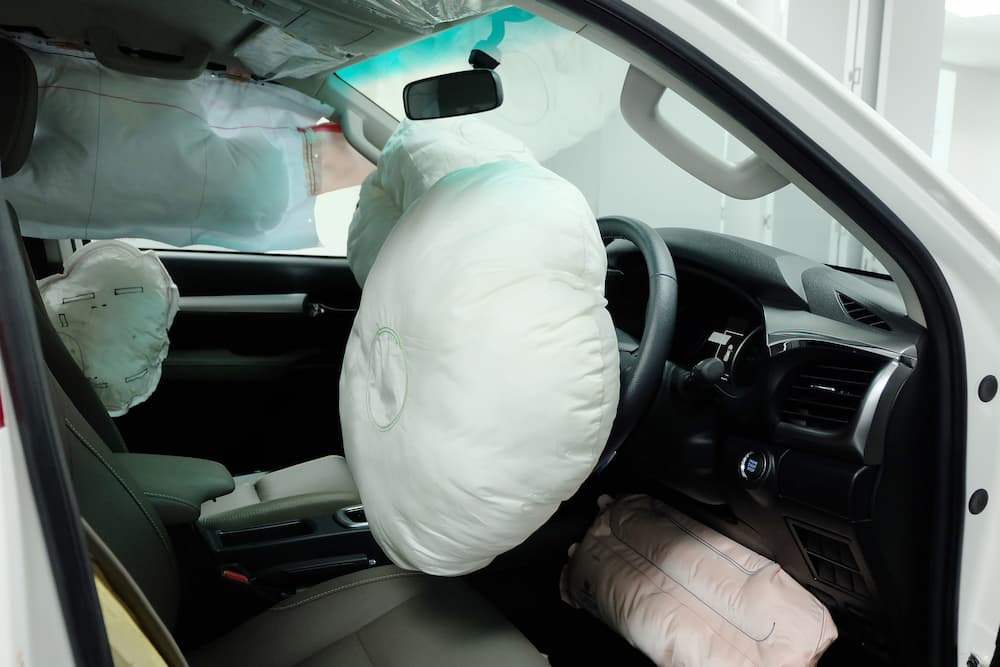
Honda has had significant manufacturing problems related to sudden airbag deployment, which led to a massive recall in 2019 that exclusively affected the CR-V. Honda, in its recall notice, reported that the culprit is metal burrs in the steering wheel’s interior surface. They claim that the burrs damage the wire harnesses that attach to the steering wheels. This leads to short-circuiting that deploys the airbags when they shouldn’t be deployed.
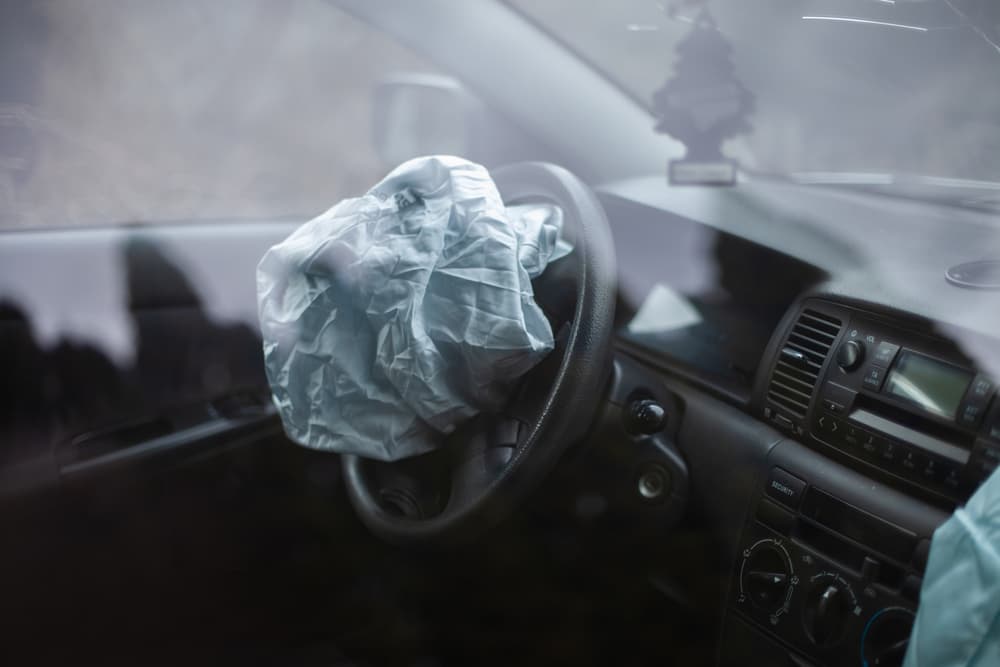
Honda has also experienced manufacturing problems related to airbags that fail to deploy upon impact, greatly increasing the risk that vehicle occupants will be injured in accidents. While the problem surfaced as long ago as 2009, the recall was not officially announced by Honda until 2019. Models from 2009 to 2015 were affected, and a wide range of models were included, such as the CR-V, Fit, Pilot, Accord, and Civic. The issue was caused by an inflator in the front passenger-side airbag being improperly installed. This defect leaves the front passenger vulnerable to serious injuries due to an inadequately inflated airbag.
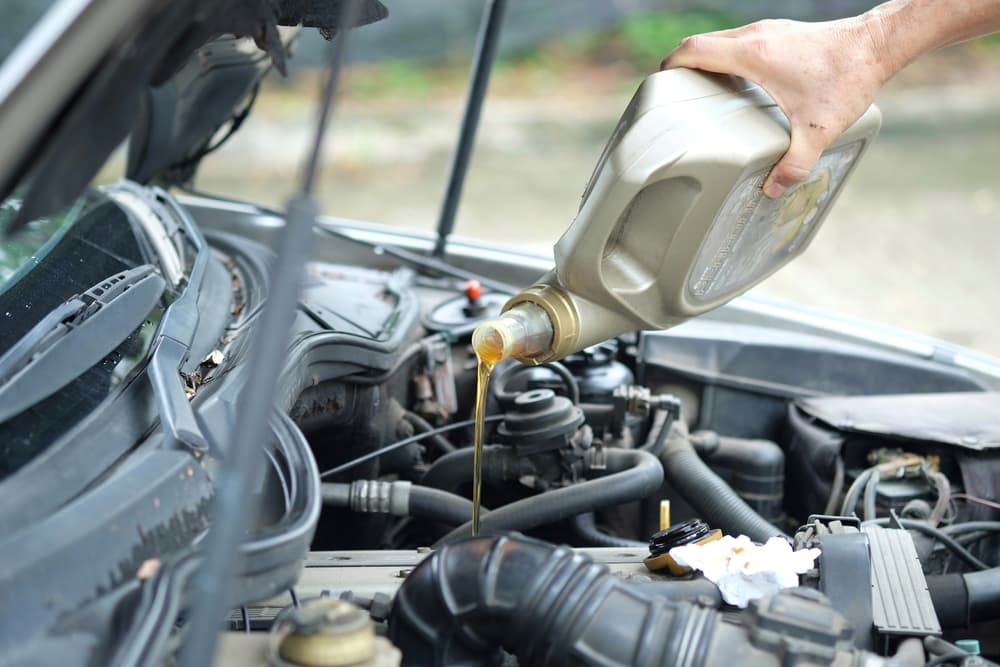
A Honda manufacturing defect related to timing belts in about 94,000 Hondas generated another recall in 2019. The vehicles affected are the 2018 and 2019 Pilot, Ridgeline, and Odyssey. The problem is the timing belt’s premature deterioration, which was caused by a design flaw that can lead to the engine stalling unexpectedly – representing a significant safety concern.
Honda is no stranger to recalls, and some of the most prominent include:
About 124,000 Civics and Ridgeline vehicles from 2020-2021, along with 2021-2022 Pilots, were recalled for potential improper assembly during the manufacture of tie rod fasteners that connect the brake master cylinder and the brake booster. This can lead to the brake master cylinder separating from the booster assembly, which can cause decreased brake function and increase the risk that a crash will occur.
Honda recalled more than 1.1 million vehicles that, include the 2018-2023 Odyssey, the 2019-2022 Pilot, and the 2019-2023 Passport, based on faulty media-oriented systems transport (MOST) coaxial cable connectors that can lead to the rearview camera display potentially failing to display anything.
Honda recalled about 330,000 2020-2021 Pilots and Ridgelines and 2020-2022 Passports and Odysseys based on the heating pads behind both side-view mirrors potentially not being bonded properly, which can lead to mirror detachment.
Honda recalled about 448,000 2017-2020 CR-Vs, 2018-2019 Accords and Accord Hybrids, and 2018-2020 Odysseys in relation to a manufacturing problem with the vehicles’ front seat belts that could potentially cause the buckle channels on the belts to interfere with the release buttons.
Honda recalled about 117,000 2017-2019 Ridgelines for an issue involving opening and closing the tailgate, which could potentially break the wiring harness of the rearview camera and cause it to fail.
Honda recalled more than 724,500 2019 Passports, 2016-2019 Pilots, and 2017-2020 Ridgelines based on a hood latch striker that could become damaged and separate from the hood, leading to the hood opening on the road.
Honda recalled about 4,300 2021 Accords, Accord Hybrids, CR-Vs, and Ridgelines based on their second-row center seat-belt assemblies having the potential to deactivate improperly, which can lead to an inadequate child restraint system. This leaves the vehicles noncompliant with federal occupant crash protection requirements.
Honda recalled more than 628,000 2019-2020 Accords, Civic Hatchbacks, Accord Hybrids, Odysseys, Passports, Pilots, and Ridgelines – along with 2018-2019 CR-Vs – due to the potential failure of low-pressure fuel pumps inside the fuel tank. This kind of failure can lead to the engine stalling while on the road, which makes accidents more likely.
The law does not specify what a reasonable number of repair attempts translates to, which is an excellent reason to have a seasoned California lemon law attorney in your corner. In the end, every lemon law case must be evaluated in relation to the unique situation at hand. In some circumstances in which the defect is a serious safety concern, two unsuccessful repair attempts may be deemed a reasonable number for the lemon law to apply, but in other situations, four visits may be required before the law kicks in.
If the dealer is unable to repair your vehicle with a reasonable number of attempts, you have the right to either a replacement that is substantially the same or to a refund of your purchase price – minus the value of the mileage you put on the car prior to the first related repair visit. This mileage amount is calculated according to a methodology implemented by the state. The law will balance the dealer’s efforts to rectify the problem with the degree to which your rights are affected as a consumer to determine where the line will be drawn between a reasonable number of attempts and too few to reach this qualifier.
Generally, the lemon law only applies to vehicles that are under warranty, but there is an exception to this rule. If you made the first repair visit related to the defect in question prior to your warranty’s expiration date, you may be able to avail yourself of the protections afforded by California’s lemon law. In other words, your car needn’t be brand new or have very few miles on it for lemon law protections to apply.
The surest way to determine if you’re in a situation to file a lemon law claim – after allowing the dealer a reasonable number of attempts to repair your Honda – is by consulting with a trusted California lemon law attorney. Your attorney will take on all the following primary tasks to help ensure that your case is solid:
If you aren’t sure whether your dealer was allowed a reasonable number of attempts to correct the problems you have with your Honda, a savvy lemon law attorney will assess your unique situation and provide you with all the information you need.
You plunked down a considerable amount of money to buy a vehicle that you can rely on, and if the Honda ends up being a lemon, it can leave you facing difficulties related to getting to work, transporting your children where they need to be, and simply living your life, and the law recognizes this fact. If your vehicle is still under warranty and you have done your level best to have it repaired to your satisfaction, it may be time to file a lemon law claim.
While not every manufacturer-related inconvenience qualifies under lemon law protections, those that reduce the safety of your vehicle, reduce the resale value of your vehicle, or reduce your ability to use your vehicle in the manner it’s intended to be used. If one of the following applies to your vehicle, it’s time to consult with a formidable lemon law attorney:
Your lawyer can advise you of the proper legal action to recover from your losses.